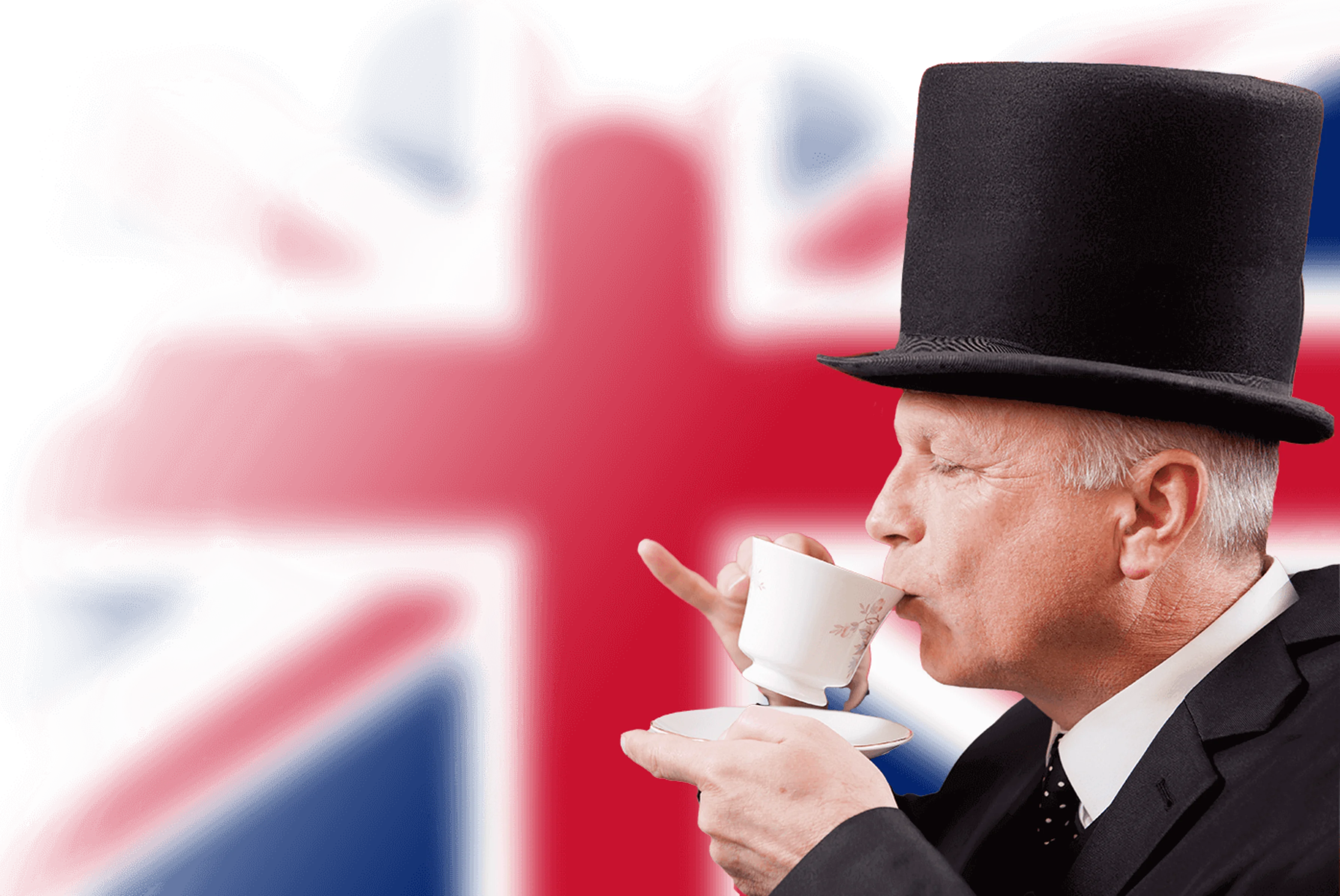Perhaps as a symptom of modern globalism, around the world, countries are slowly losing their national identity. For Britain, it has been this way for a long time. Indeed, the last time I felt even a pang of British culture was the 2012 London Olympics, as if that opening ceremony was a swan song to all things identifiably British. The fallout from this cultural identity crisis has clearly dominated the last ten years of domestic politics, whether that be the Scottish independence referendum, Brexit, or the newest addition of “Global Britain”. Like the vast majority of western countries, in Britain we observe a population increasingly polarised, clinging to various sentiments, factions, and political stances in an effort to define themselves.
Beyond heritage monuments like Big Ben and Buckingham Palace, there is a real struggle to define Britishness. Yes, these things are iconic, quality, readily identifiable and very clearly British, but they do not amount to a national identity; it's just architectural heritage.
So, let us attempt a definition, just what does a British identity mean today?
Ask most people what it means to be British, and you'll be met with an assortment of buzz words relating to national pride; “British Bulldog”, “soldier on” and “stiff upper lip”, but what do these cultural references mean and do they even apply anymore? The union flag is of course still flying but long gone are the days when Britain was synonymous with professionalism and efficiency.
Just an echo remains of our precision engineering and our upper lip remains stiff when it should be flapping against injustice both domestic and international. Where it does flap, it is all bark with no bite.
What are British values?
Us Brits often put our own identity down to those "unspoken qualities" we're proud of like modesty and fairness. Values like reservedness also come up in conversation. Indeed, British people appear less emotional than our continental cousins, and family ties are less pronounced; it is true that compared to the Mediterranean countries our communities appear somewhat lacking and our emotions are typically Scandinavian.
There is also a sense of "grit" and "perseverance" in the face of adversity, and you could argue that the Covid-19 pandemic highlighted this in our national identity.
Perhaps British values are still found in our attitudes and systems. Parliamentary democracy is, too, a British export, and a strong sense of respect, accountability, and individual liberty may be intrinsically tied to who we are as Northern Irish, Scottish, Welsh, and English people.
But, of course, the issue with all these unspoken qualities is that they are no one really agrees with what they are and, oftentimes, other countries share in the same values. I mean, how many countries aren't democratic or "fair" these days?
So no, despite what you might read on the internet, a list of traits does not amount to identity. I believe that to answer the question properly we have to ask "what does being British mean for you today?".
The British identity today is defined by its melting pot
Being British you live in the country ranked 19th in quality of life, 13th in healthcare, 17th in literacy and 19th in cost of living. The UK is ranked 3rd globally for “soft power” and is 5th in terms of GDP. At the same time, 22 % of the population are considered to be in relative poverty. All this to say that despite living in a country with visible flaws, there is a position of privilege afforded to British citizens compared to the global average.
It is this place of privilege that places the UK in the top 10 for net migration, and considering the country's global past, it is unsurprising to observe an increase in "foreigners" and multiculturalism over the last 50 years.
Some would argue that this multiculturalism is the reason that the British identity is almost unidentifiable anymore, and I would argue the complete opposite; that multiculturalism is a part of the British identity and we should be proud of it.
One only needs to look at our country's national dish of chicken tikka masala to understand the British obsession and will to adopt parts of other cultures. Food is a huge proportion of cultural exports. Our friends on the continent have well-established cuisines but, by comparison, the British cuisine is both bland and rather lacking in options.
But to understand this we need to acknowledge that Britain never attempted to hold onto its cuisine, instead adopting a number from around the world in the post-war period
You only need to walk down a British high street to get a sense of how multicultural we are. Today in the UK you have the freedom to choose any cuisine you like.
You can even take look inside the British Museum, a place where you'd struggle to find anything identifiably "British", to see just how ingrained multiculturalism is.
British people need to accept multiculturalism
Though there are still visible remnants of the Britain that existed pre-decolonisation, with that Britain somewhat lacking in terms of cultural integration, today Britain has finally begun to embrace the multiculturalism that it should have done decades ago. And we should be proud about that.
Take London for example.
London is a global city, a hub of multiculturalism that draws people from all over the world, whether that be for tourism, education, or work. Approximately one-third of the population of London is foreign-born, a testament to the success of multiculturalism in the city. And for the most part, our attitudes toward each other are peaceful and accepting.
There are now cities all over the UK that are following this trend of multiculturalism, from Manchester to Birmingham, to Liverpool and Leeds; and more cities will follow in the future.
And so point to end any argument concerning too much immigration, despite all this, in some studies, the United Kingdom overall continues to be ranked with the least ethnic and culturally diverse countries in the world.
So how then might multiculturalism have anything to do with how we define British culture and identity?
It's this: today Britishness may be defined by a reluctance to accept the new global reality and is marked by a Jekyll and Hyde approach in the UK that mostly extends down generational lines, as observed in the EU referendum. On the one hand, you have an older generation more likely to be still clinging on to outdated values like there are "too many foreigners" or "different faiths", and on the other, a younger generation increasingly embracing multiculturalism and individual liberty as the future of the UK.
This is not only displayed in UK foreign policy, but also within individuals who are hesitant to change but then quick to accept new norms.
The result is a confused and ill-defined sense of culture. A culture of tolerance and acceptance in places like London, as well as a fear of the unknown in more remote areas of the country.
It is my opinion that Britain should embrace multiculturalism and take its place in the world, as it attempts in the commonwealth, as a bastion for human rights and tolerance. A country where a person can succeed regardless of colour or creed. A country with freedom of worship and expression without fear of persecution. A country where you are defined by your values, instead of your upbringing and different faiths. It would be wrong to say that these points are always handled well, and as we are in the middle of a cultural shift a few teething problems are to be expected, but here is a culture to define Britishness that the UK could be proud of.
Just as many unique ingredients can form a soup, so can many cultures in the melting pot come together to make a more colourful, more flavourful culture in its own right.
Written by
Sean RyanPhD in Chemical Engineering. Interests in politics, society and economics. Born in Manchester, living in London. Loves to experience different cultures and indulge in different viewpoints.
Weekly emails
Get more from Sean
The Fledger was born out of a deep-seated belief in the power of young voices. Get relevant views on topics you care about direct to your inbox each week.
Write at The Fledger
Disagree with Sean?
Have an article in mind? The Fledger is open to voices from all backgrounds. Get in touch and give your words flight.
Write the Contrast

